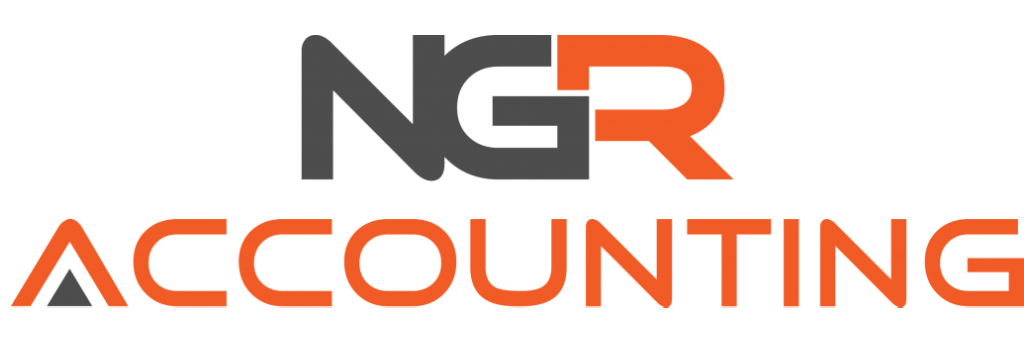I want to dive into the world of Peer Groups and how they can bring significant benefits to your business.

Networking is crucial, but building a Peer Group takes it a step further by fostering deep connections with like-minded individuals who can provide valuable insights and support. In this blog, I want to explore the advantages of being a member of a peer group and provide you with a step-by-step guide on how to set one up effectively.
The Power of Peer Groups
Peer Groups, which can also be known as Mastermind Groups, are a gathering of individuals with similar professional or personal goals who come together to share their experiences, insights, and challenges. These groups offer several key benefits:
- Diverse Perspectives:
When you surround yourself with people from different backgrounds and industries, you gain access to diverse perspectives. This can lead to fresh ideas and innovative solutions for your business challenges.
- Accountability:
Peer Groups often have a structure that encourages members to set and track their goals. Being held accountable by your peers can boost your productivity and keep you on track toward your objectives.
- Knowledge Sharing:
In a Peer Group, members freely share their knowledge and expertise. This collaborative learning environment can help you acquire new skills and stay updated on industry trends.
- Mentorship:
Peer Groups often have members at various stages of their careers. This means you can find mentors who have already achieved what you aspire to. They can provide guidance and support as you work towards your goals.

- Networking Opportunities:
While networking was the topic of my previous blog, Peer Groups take networking to a deeper level. These relationships can lead to valuable business connections and partnerships.
Setting Up Your Peer Group
Now that we’ve covered the benefits, let’s discuss how to set up your own peer group:
- Define Your Purpose:
Start by clarifying the purpose and goals of your Peer Group. What do you hope to achieve, and who would be the ideal members? Be specific about the industry or interests you want your group to focus on.
- Select the Right Members:
Choose individuals who share your goals and values. Look for people with complementary skills and experiences. It’s essential that everyone in the group can contribute and benefit.
- Establish Group Guidelines:
Set clear guidelines for how your Peer Group will operate. Define meeting frequency, format, and confidentiality expectations. Having structure ensures that meetings are productive.
- Utilise Technology:
With today’s technology, you can connect with peers from anywhere. Consider using video conferencing platforms to host virtual meetings. This allows you to reach a broader range of potential members.
- Agenda and Facilitation:
Each meeting should have a defined agenda and a facilitator. Rotating the role of facilitator among members can keep meetings engaging and ensure everyone has a chance to lead.
- Encourage Open Communication:
Foster an environment where members feel comfortable sharing their challenges and successes. Encourage open and honest discussions. This is where the real value of Peer Groups shines.
- Set Goals and Milestones:
Help each member set specific goals and milestones. Regularly review progress and provide support and accountability.

Building a peer group can be a game-changer for your business.
The benefits of diverse perspectives, accountability, knowledge sharing, mentorship, and networking are invaluable. If you’re looking to take your professional development to the next level, consider creating or joining a Peer Group. It could be the key to unlocking your full potential and achieving your business goals.
I hope you found this blog informative and inspiring. If you have any questions or would like more information about setting up a Peer Group, please feel free to reach out. Your success is our priority!
Stay tuned for more educational and supportive content coming your way.
FULL DISCLAIMER:
The information provided by our firm is of a general nature and does not consider your specific financial circumstances, needs, or objectives. The information is not intended to be relied upon as specific advice and should not be treated as such. Before making any financial decisions, we recommend that you seek professional advice tailored to your specific circumstances.
Whilst every effort has been made to ensure the accuracy of the information provided, we do not guarantee its accuracy, completeness or suitability for your intended use. We are not liable for any loss or damage resulting from your reliance on the information provided.
Our firm is not responsible for the content of any third-party websites that may be linked to or from our website. The inclusion of any links does not imply our endorsement of the website. It is your responsibility to evaluate the accuracy, completeness and usefulness of any information provided by these third-party websites.
By accessing or using the information provided by our firm, you acknowledge and accept the terms of this disclaimer.
Updated 25th October, 2023
JM

